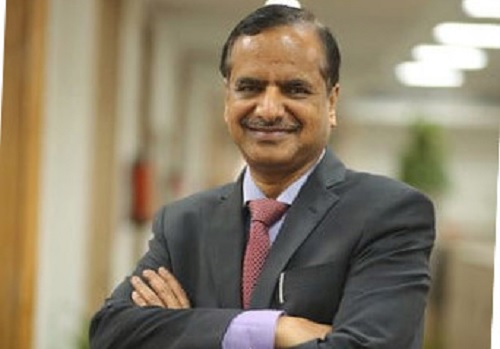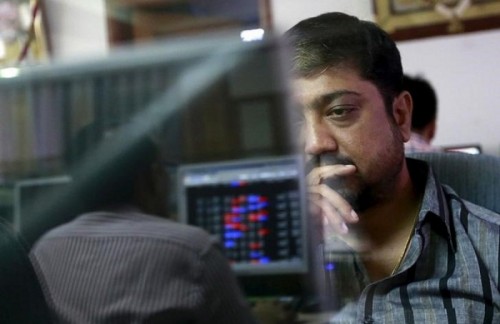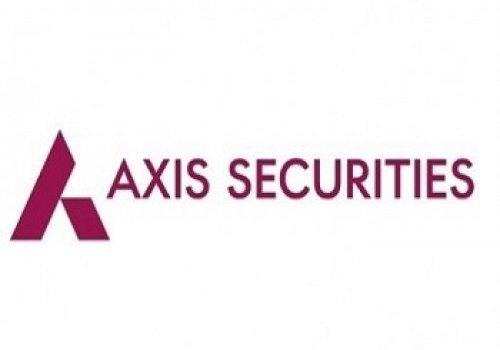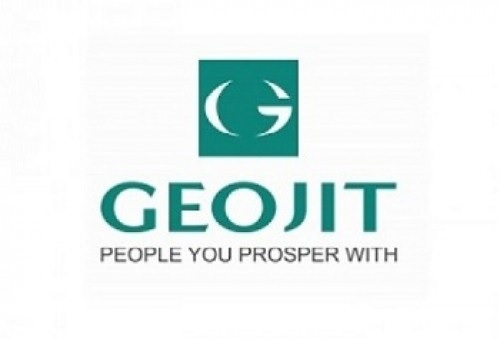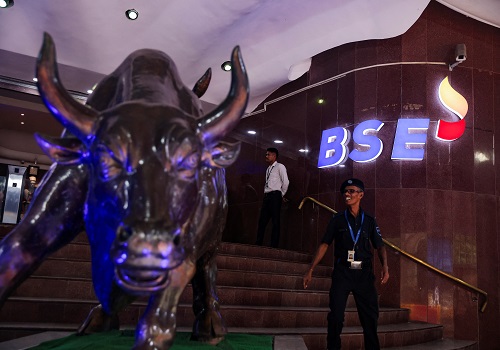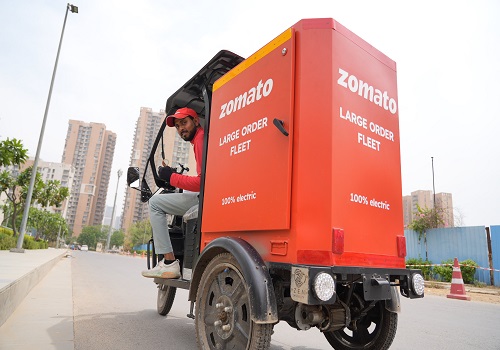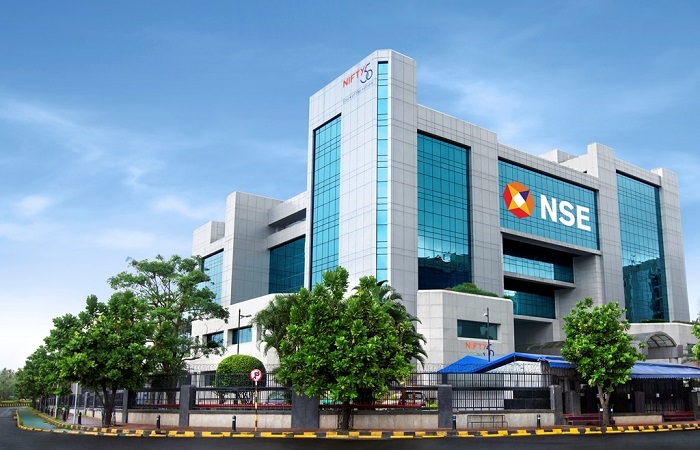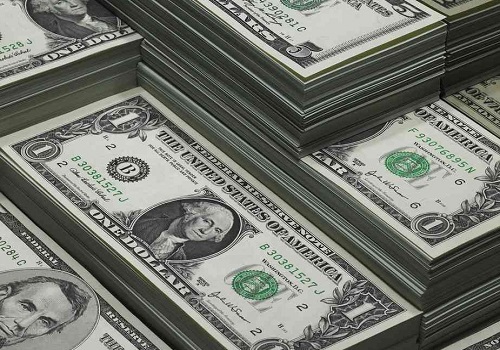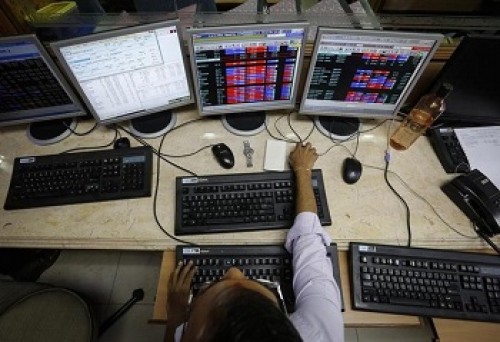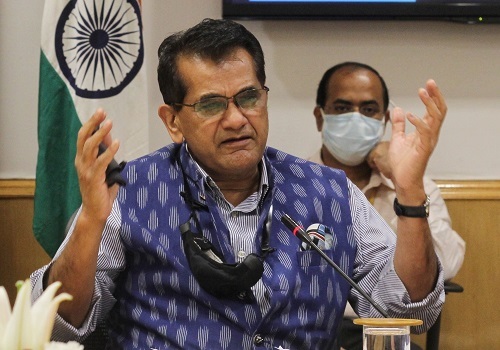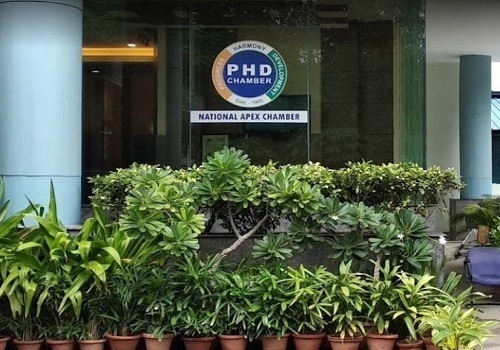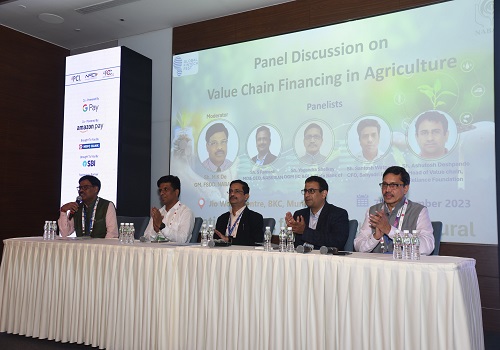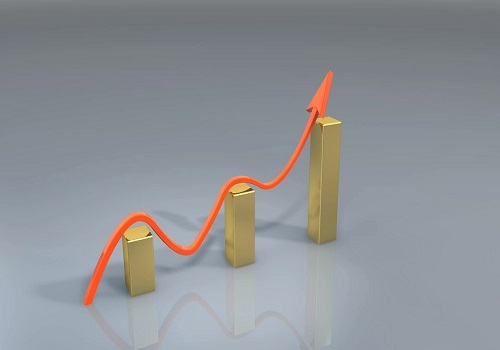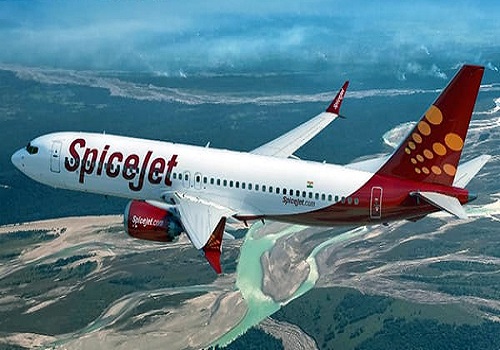Vax drive cheapest cost to economic normalisation
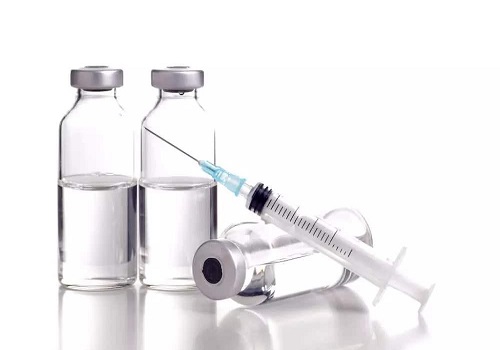
Follow us Now on Telegram ! Get daily 10 - 12 important updates on Business, Finance and Investment. Join our Telegram Channel
https://t.me/InvestmentGuruIndiacom
Download Telegram App before Joining the Channel
Stepping up the vaccination drive is the cheapest as well as the most viable policy path to economic normalisation, as per a research report by Emkay Global Financial Services.
Accordingly, the report cited that this policy path was the best suited one given the strong positive externalities.
"The overall estimated welfare cost of vaccinating universal population would be 0.6-0.7 per cent of GDP, assuming no wastage and optimal distribution," Emkay's Lead Economist Madhavi Arora said.
"This is much lower than the current 0.9-1 per cent loss of monthly output amid existing soft local lockdowns, clearly implying a successful vaccine strategy is the cheapest optimal policy path to economic normalisation."
According to the report, there exists an average monthly supply gap of 170 million jabs to cover universal population by CY21-end .
"The vaccination drive is skewed state-wise and has overall slowed substantially, with current '7 dma rate of 1.9mn shots, 50 per cent below the peak of 3.7mn' in March 21."
"The supply gap is significant and can only be resolved by production ramp-up. Even after assuming enhanced supply from July 21 and November 21, as per Emkay calculations, there will still be a supply gap of 170mn jabs per month on an average for covering universal population by end of this calendar year."
The report's base case suggests that by March 2022 and July 2022, 70 per cent and 100 per cent of the universal population will likely be vaccinated.
Lately, India reported daily new record increases in coronavirus infections, prompting new lockdowns as well as restrictive measures to curb the spread of the pandemic.
The exponential rise in new coronavirus cases in India has been termed as a humanitarian crisis.
It also raises concerns about the country's economic recovery.
